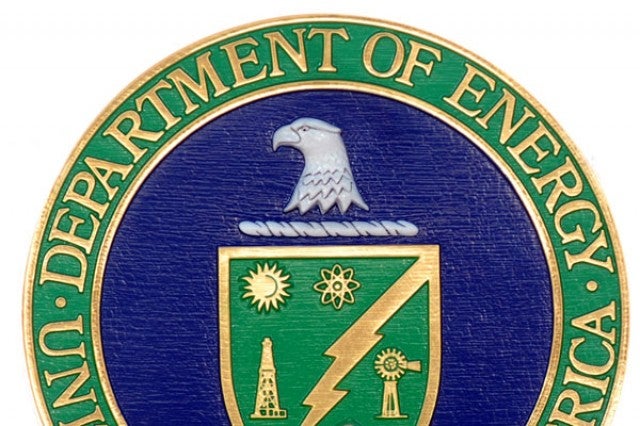House Committee Launches Document Probe Into DOE, Abound Solar
Michael Sandoval /
Bankrupt solar module manufacturer Abound Solar, recipient of a Department of Energy loan guarantee of $400 million, and the subject of an official investigation in its home state of Colorado, now faces additional scrutiny in the form of a document probe from the House Energy and Commerce Committee.
The letter comes a week after allegations of possible financial misrepresentation and technological ineptitude were leveled against the solar company.
Chairman Fred Upton (R-MI), Representative Cliff Stearns (R-FL), and Representative Cory Gardner (R-CO) issued a letter to Energy Department Secretary Steven Chu “requesting key documents and information concerning the loan in light of recent news reports highlighting Abound’s technological and manufacturing problems,” according to a statement.
“Recent reports and publicly available documents indicate that persistent technological problems contributed to Abound’s inability to remain commercially viable and, ultimately, its bankruptcy. We have questions about what role these technological problems played in DOE’s decision to suspend Abound’s loan guarantee disbursements in September 2011, and when DOE first became aware of these problems,” they wrote.
The letter highlighted Abound’s prominent place among the loan guarantee recipients to go bankrupt:
Abound was the fifth stimulus-funded loan guarantee issued under Section 1705 of the Energy Policy Act of 2005, as amended by the stimulus, and the third loan guarantee recipient to go bankrupt, following Solyndra and Beacon Power. Just nine months after green lighting the loan in December 2010, DOE stopped funding the project due to Abound’s failure to meet established targets. After receiving $70 million in loan guarantee funds, the company filed for bankruptcy on July 2, 2012, blaming Chinese competition for the company’s downfall. However, new publicly available documents suggest Abound’s problems first started with its production of a flawed product. The Daily Caller published the internal documents last week, reporting, “Internal documentation and testimony from sources within Abound show that the company was selling a faulty, underperforming product, and may have mislead lenders at one point in order to keep itself afloat.”
Weld County, Colorado, has also opened an investigation into Abound’s circumstances following the revelations of faulty product and allegations of the company cooking its books:
7NEWS obtained internal documents from 2012 that show orders for tens of thousands of replacement solar panels. The orders cite different reasons for the replacements including, “low performance,” “under performance” and “catastrophic failures.”
The county had given Abound a $100,000 tax break that it decided not to extend, based on the company’s failures to achieve performance benchmarks.
The members pointed to an earlier report from the DOE itself outlining “performance shortfalls” BEFORE the DOE closed the loan guarantee with Abound:
The members noted, “While documents prepared at the time DOE awarded a conditional commitment to Abound do not mention any technological problems, an engineering report submitted to DOE just two months before DOE closed Abound’s $400 million loan guarantee indicate that Abound’s panels were already experiencing significant efficiency and technological difficulties. This report, prepared by an engineering firm that DOE had engaged to review Abound, found that the company’s panels were experiencing major performance shortfalls when installed by one of the company’s main customers. … The problems noted in October 2010 by the engineering firm retained by DOE appear to be similar to the problems described in recent reports about Abound’s solar panels. In fact, publicly available documents show that several of Abound’s customers ultimately asked the company to replace or repair their solar panels because they were malfunctioning or experiencing substantial losses in efficiency.”
The committee’s request is comprehensive, seeking everything from engineering reports to marketing assessments and legal analyses, financial assessments, due diligence memoranda, and loan reviews “submitted to DOE and any loan reviews and other analyses by DOE of Abound following the closing of the loan guarantee,” the letter said.
Full text of the letter:
20121010 Doe

